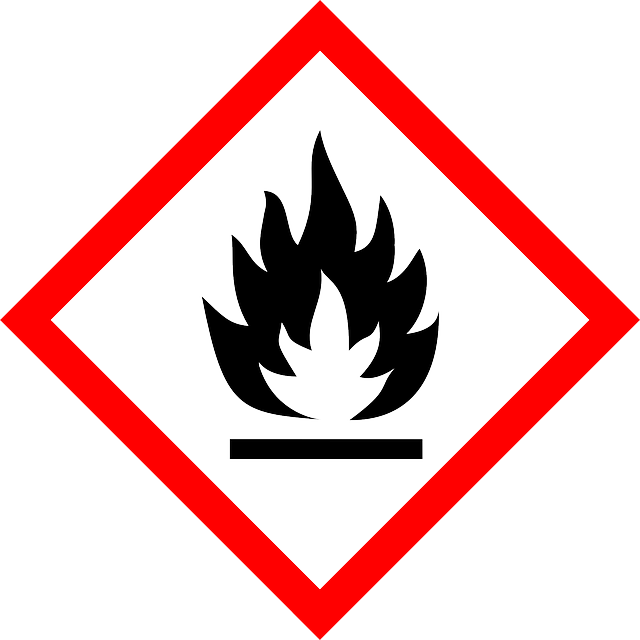-
2-minute read
-
13th December 2018
Word Choice: Flammable vs. Inflammable
‘Flammable’ and ‘inflammable’ look like opposites, but is this actually true? In this post, we look at how to use these words correctly and why the prefix ‘in-’ can be misleading. Read on to find out more.

Two Terms, One Meaning
Let’s get right to the point: ‘flammable’ and ‘inflammable’ both mean ‘catches fire easily’. For example:
Keep open flames away from flammable materials.
Keep open flames away from inflammable materials.
These sentences mean exactly the same thing. The only difference is the term used. However, many people think that ‘inflammable’ is the opposite of ‘flammable’. And this could be dangerous! So what is the root of this confusion? And how can we avoid similar errors?
The Multiple Meaning of the Prefix ‘In-’
The big problem with ‘inflammable’ comes from the prefix ‘in-’, which has two main uses:
- To indicate a negation (e.g. indiscreet or incapable)
- To mean ‘on’ or ‘into’ (e.g. inscribe or inquire)
Most ‘in-’ words in English follow the first pattern. As such, at first glance it makes sense to assume that ‘inflammable’ means ‘not flammable’. This would be the opposite of ‘flammable’.
Find this useful?
Subscribe to our newsletter and get writing tips from our editors straight to your inbox.
Subscribe to Beyond the Margins and get your monthly fix of editorial strategy, workflow tips, and real-world examples from content leaders.
But the ‘in-’ in ‘inflammable’ is more like the prefix ‘en-’, which means ‘cause to be in a state’. We see this in words like ‘enrage’ (i.e. to cause anger) and ‘enflame’ (i.e. to make something catch fire). It may therefore help to think of ‘in-flammable’ as meaning ‘en-flammable’.
Regardless, there is one thing here that you must remember:
Flammable and inflammable are NOT OPPOSITES.
Flammable or Inflammable?
These terms mean the same thing, so they are interchangeable. However, we suggest sticking to ‘flammable’ for something that catches fire easily. This will prevent confusion arising over the meaning of the ‘in-’ in ‘inflammable’, which is quite important when dealing with fire!
If you need a term that means the opposite of ‘flammable’, meanwhile, try ‘non-flammable’. This will further prevent ambiguity.